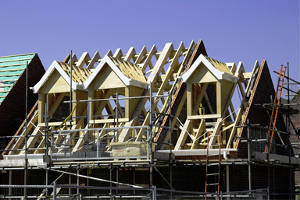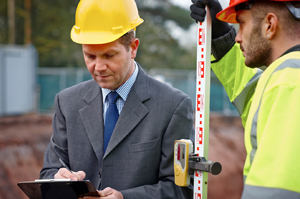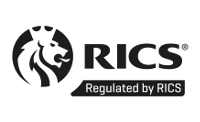 We monitor developments works and act for a number of different clients on a range of projects, including new builds and refurbishments.
We monitor developments works and act for a number of different clients on a range of projects, including new builds and refurbishments.
We offer our clients advice on their projects, independent of their professional project team, to ensure concise, comprehensive, impartial advice is provided on project issues. Our monitoring instructions are frequently undertaken on behalf of lending institutions, but have included clients with an interest in developments including landlords, tenants and investors.
Project Monitoring Surrey, Sussex & London
We typically carry out an appraisal of the project before works commence and can advise and report on the proposals, costs programme, statutory consents, the project team and any specific client requirement.
 Once works commence we undertake periodic inspections, providing the client with an overview of the projects and the critical issues. These inspections often require us to complete valuations on the works undertaken, advising of the value of the project completed and provide the client with the reassurance that any funds released for the development works are at an appropriate level.
Once works commence we undertake periodic inspections, providing the client with an overview of the projects and the critical issues. These inspections often require us to complete valuations on the works undertaken, advising of the value of the project completed and provide the client with the reassurance that any funds released for the development works are at an appropriate level.
Project Monitoring FAQs
Development project monitoring is a crucial aspect of construction projects, where a building surveyor or a designated professional oversees the entire construction process of a new building or a renovation project. The primary objective is to ensure that the work being carried out complies with the approved plans, adheres to relevant building regulations and codes, and meets the required quality standards.
During this process, the surveyor acts as an independent third party, representing the client’s interests and ensuring that the project is executed according to their specifications and requirements. This involves regular inspections, quality control checks, and monitoring of the construction site to identify and address any potential issues or deviations from the approved plans.
Proper development project monitoring is vital for several reasons:
1. Early identification and resolution of issues: By having a professional monitor the project, any problems, defects, or non-compliance with regulations can be identified and addressed promptly. This helps prevent costly mistakes, rework, or delays that could arise if issues are discovered at a later stage.
2. Ensuring compliance: Building regulations and codes are in place to ensure the safety, structural integrity, and sustainability of buildings. Project monitoring helps ensure that the construction adheres to these requirements, reducing the risk of violations or potential legal issues.
3. Quality assurance: Regular inspections and oversight help maintain the desired quality standards throughout the construction process, from the materials used to the workmanship employed. This ensures that the final product meets the client’s expectations and specifications.
4. Client satisfaction: By acting as the client’s representative on site, the building surveyor can ensure that the project is carried out according to their requirements, minimizing misunderstandings or deviations from the agreed-upon plans.
5. Cost and time management: Identifying and resolving issues early on can prevent costly delays or rework, helping to keep the project on schedule and within budget.
The development project monitoring process typically involves the following key activities:
1. Regular site visits: The building surveyor or monitoring team conducts frequent visits to the construction site to inspect the progress and quality of work. This allows them to identify any potential issues or deviations from the approved plans and specifications.
2. Review of progress reports: The surveyor reviews progress reports submitted by the contractors or project managers, ensuring that the work is proceeding according to the agreed-upon schedule and milestones.
3. Inspection of materials and workmanship: The surveyor inspects the materials being used, as well as the quality of workmanship employed by the contractors and subcontractors. This includes checking for compliance with specified materials, proper installation techniques, and adherence to industry best practices.
4. Coordination with stakeholders: The surveyor acts as a liaison between the client, architects, contractors, and other stakeholders involved in the project. They facilitate communication, coordinate activities, and help resolve any conflicts or issues that may arise.
5. Documentation and reporting: Throughout the monitoring process, the surveyor maintains detailed records, including photographs, site reports, and documentation of any issues or non-compliance. These records serve as evidence and support for any recommendations or corrective actions required.
6. Certification and sign-off: Upon completion of the project, the building surveyor may be responsible for certifying that the work has been carried out in accordance with the approved plans and regulations, and providing the necessary sign-off.
